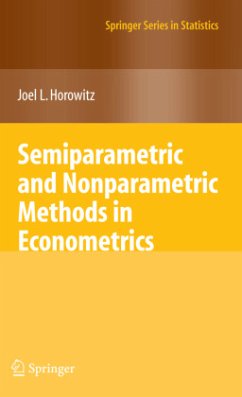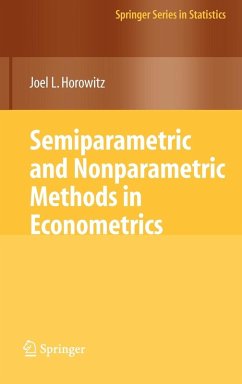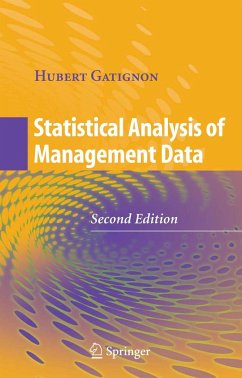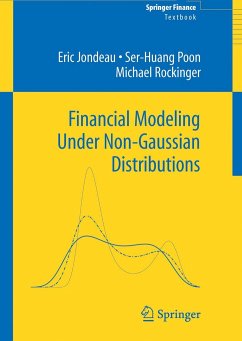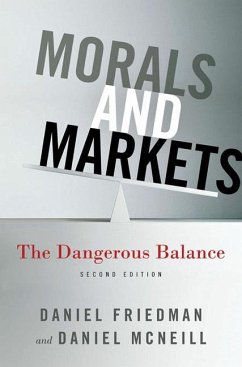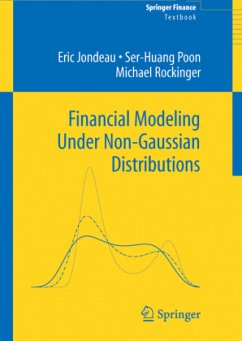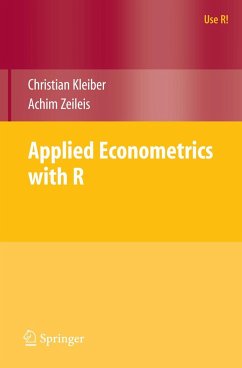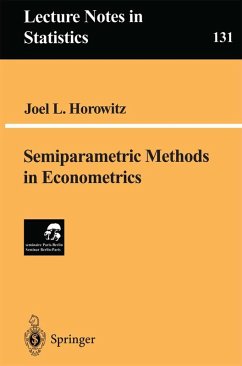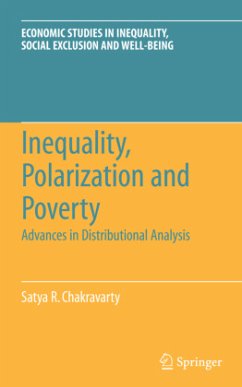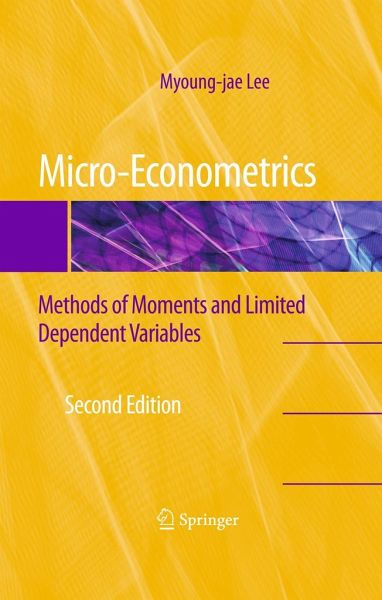
Micro-Econometrics
Methods of Moments and Limited Dependent Variables
Versandkostenfrei!
Versandfertig in 6-10 Tagen
115,99 €
inkl. MwSt.
Weitere Ausgaben:

PAYBACK Punkte
58 °P sammeln!
Revised and updated, this volume introduces econometrics at the graduate level with a specialized focus on micro-econometrics. New topics include LDV's with endogenous regressors, competing risks, hazard function estimates, and empirical examples.
WhenIwrotethebookMethodsofMomentsandSemiparametricEco- metrics for Limited Dependent Variable Models published from Springer in 1996, my motivation was clear: there was no book available to convey the latest messages in micro-econometrics. The messages were that most eco- metric estimators can be viewed as method-of-moment estimators and that inferences for models with limited dependent variables (LDV) can be done without going fully parametric. Time has passed and there are now several books available for the same purpose. These days, methods of moments are the mainstay in econometrics, not just in micro-, but also in macro-econometrics. Many papers have been published for semiparametric methods and LDV models. I, myself, learned much over the years since 1996, so much so that my own view on what should be taught, and how, has changed much. Particularly, my exposure to the "sample selection" and "treatment e?ect" literature has changed the way I look at econometrics now. When I set out to write the second edition of the 1996 book, these changes prompted me to re-title, reorganize, and re-focus the book.





